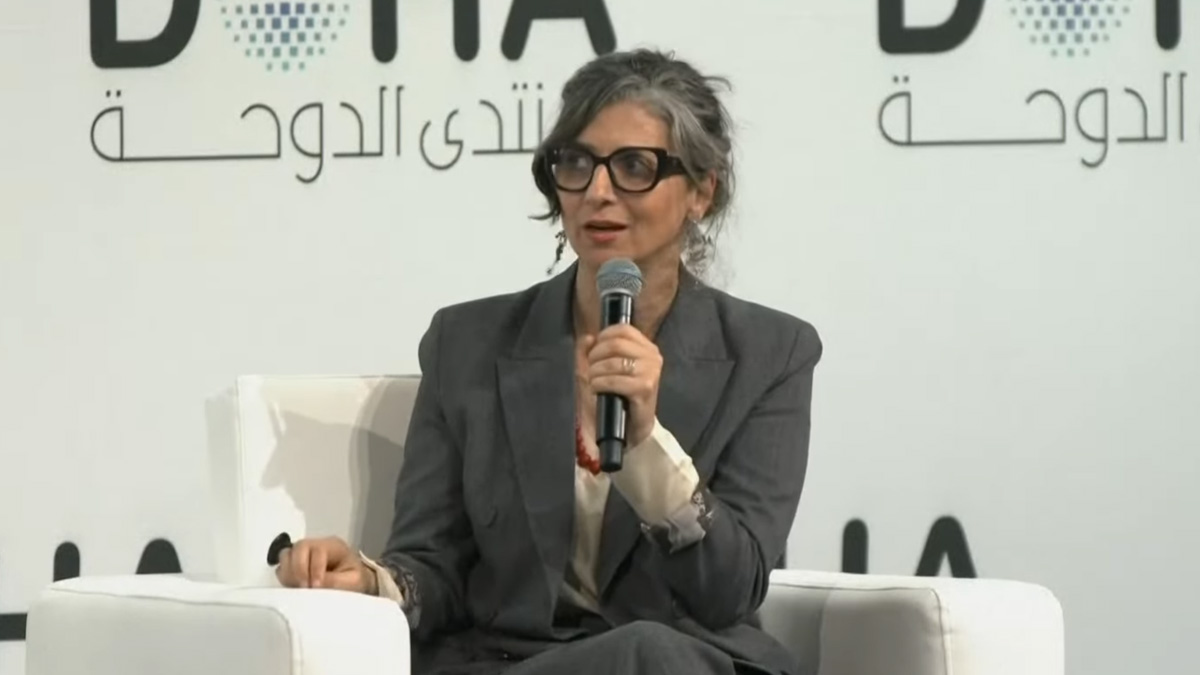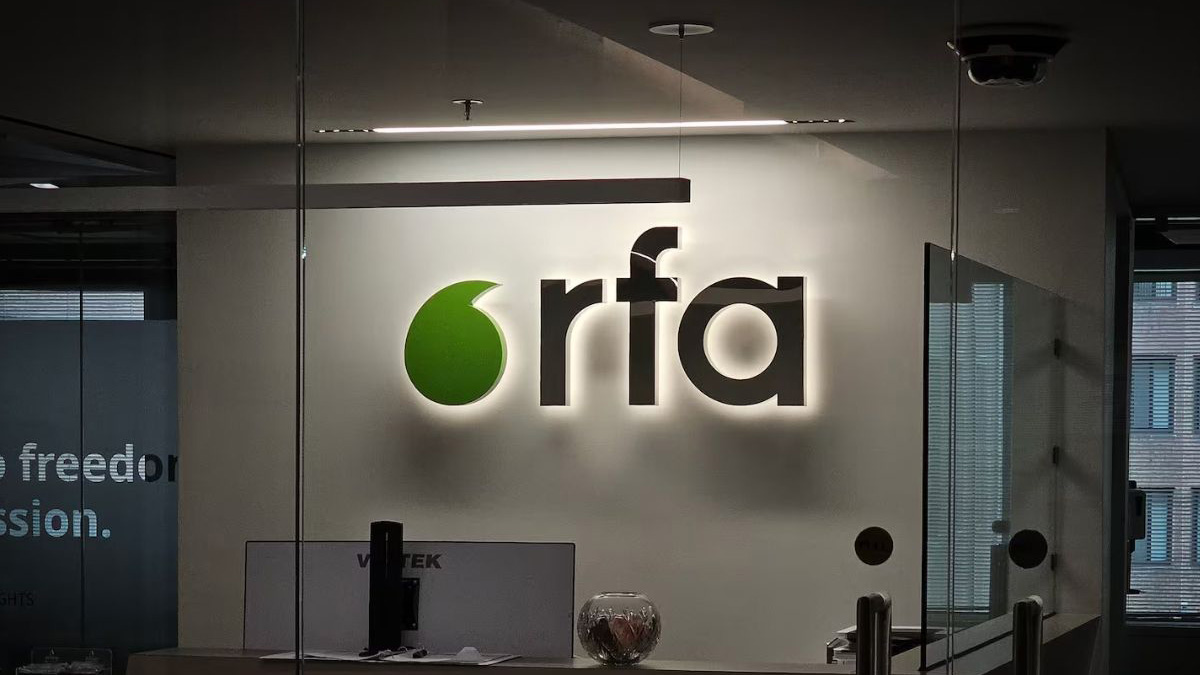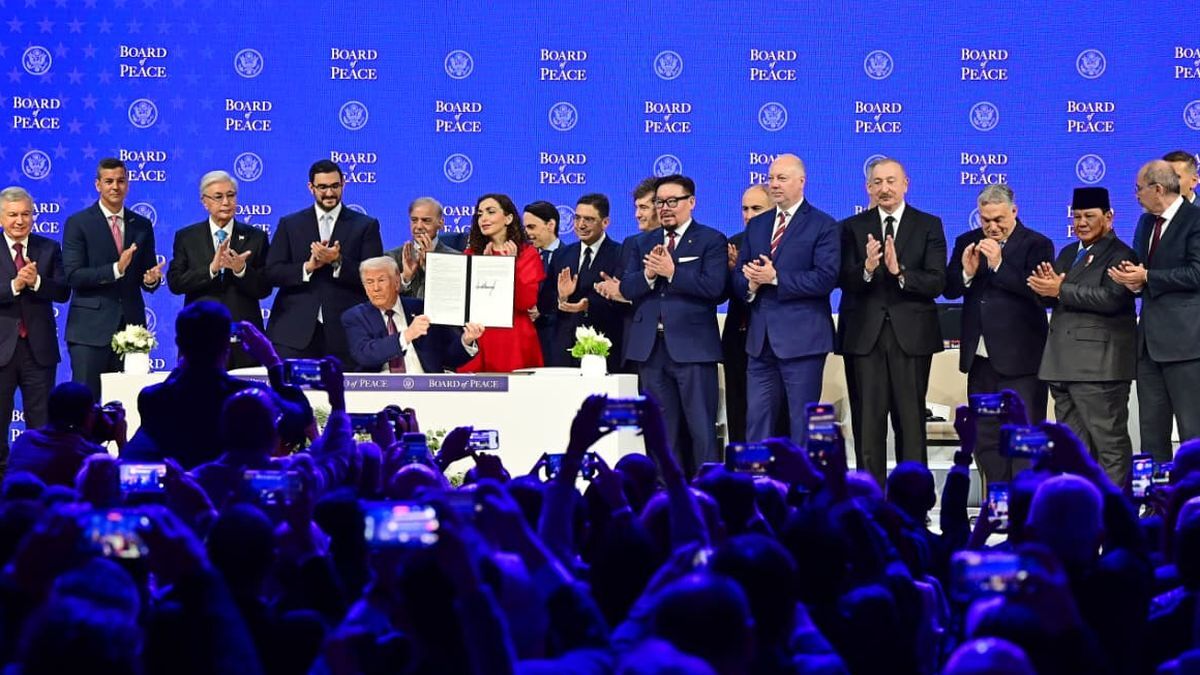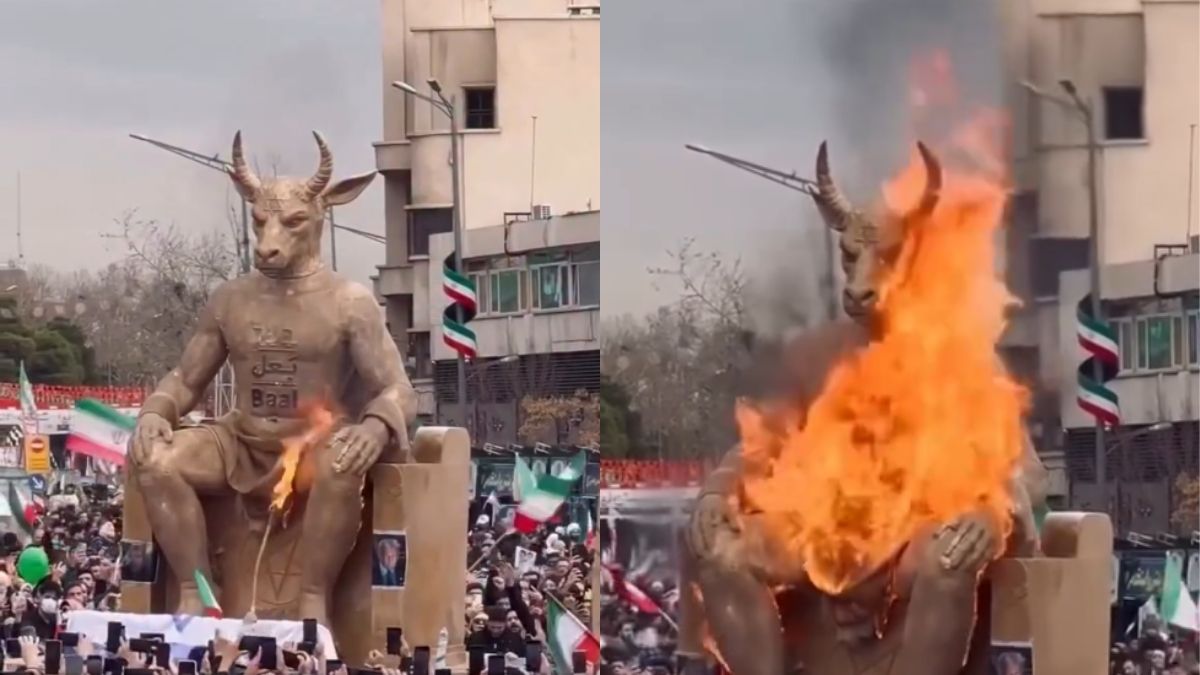Singapore supports Trump’s Gaza peace plan and urges Hamas to accept deal
Singapore has expressed its support for US President Donald Trump’s proposed peace plan to end the war in Gaza, urging Hamas to accept the agreement. The Ministry of Foreign Affairs reiterated Singapore’s call for a ceasefire, release of hostages, and increased humanitarian aid.
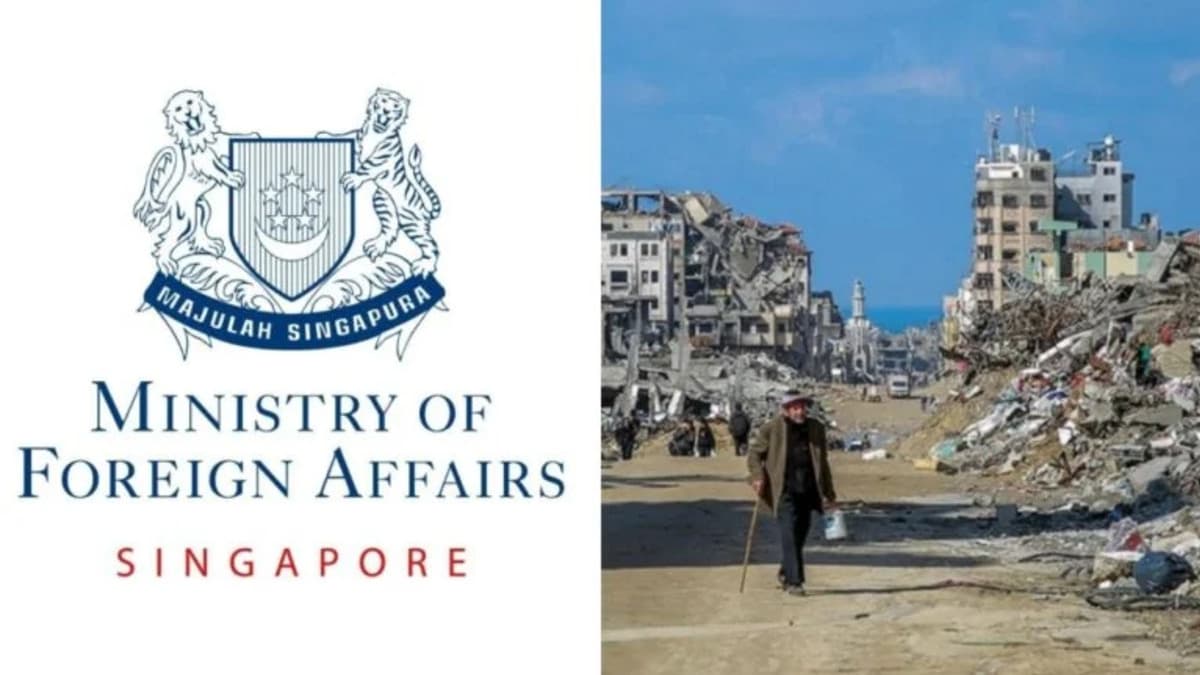
- Singapore welcomed the US-led Gaza peace plan and Israel’s acceptance, urging Hamas to agree to the proposal.
- The Republic reaffirmed its commitment to a two-state solution and may review recognition of Palestine amid rising civilian casualties.
- The plan requires Hamas to return hostages and forbids it from governing Gaza, while Israel would release prisoners and halt annexation.
Singapore has voiced strong support for a United States-led initiative aimed at ending the two-year Gaza war. The Republic urged Hamas to accept US President Donald Trump’s proposed peace plan, describing it as a potential path toward lasting stability in the region.
In a statement issued on 30 September, the Ministry of Foreign Affairs (MFA) welcomed Israel’s acceptance of the proposal and reiterated Singapore’s stance for an immediate ceasefire. The MFA also called for the release of all hostages and a substantial increase in humanitarian assistance to civilians in Gaza.
The ministry further endorsed Trump’s appeal for renewed dialogue between Israel and the Palestinians, saying long-term coexistence must be based on mutual recognition and respect.
According to the MFA, Singapore continues to maintain that a negotiated two-state solution—consistent with United Nations Security Council resolutions—remains the only viable route toward a comprehensive and durable peace.
“The Republic supports any initiative that moves both sides closer to direct negotiations,” the MFA statement said, adding that the government welcomes all international efforts to restore calm and lay the foundation for sustainable coexistence.
The peace plan, jointly announced by Trump and Israeli Prime Minister Benjamin Netanyahu on 29 September, comprises 20 key points intended to secure an immediate end to hostilities.
Under the proposal, all fighting would cease once the agreement is accepted. Hamas would be required to return hostages and the remains of deceased captives within 72 hours. In exchange, Israel would release nearly 2,000 Palestinian prisoners and pledge not to occupy or annex Gaza.
A central clause prohibits Hamas from playing any role in Gaza’s future governance, with administrative responsibilities to be assumed by an interim multinational authority supervised by regional partners.
Trump cautioned that if Hamas rejects the plan, the United States would fully support Israel’s continued operations to dismantle the militant group.
According to Reuters, Hamas has not yet formally received the document. An official familiar with the talks said Qatar and Egypt had transmitted the plan to Hamas, which indicated it would “review the proposal in good faith” before issuing a formal reply.
Meanwhile, leaders from several Middle Eastern and Muslim-majority countries have expressed cautious support for the initiative. Many have framed the plan as a potential “final opportunity” to avert further humanitarian catastrophe.
Israel maintains that Hamas continues to hold 48 hostages, with 20 believed to be alive. The Israeli government has emphasised that securing their release remains a top priority.
Tensions flared earlier in September when an Israeli airstrike in Doha killed a Qatari citizen during ceasefire discussions involving Hamas leaders.
The White House confirmed that Netanyahu apologised to Qatar for the strike during a joint call with Trump and Qatari Prime Minister Sheikh Mohammed bin Abdulrahman bin Jassim Al Thani.
In its statement, the White House said Netanyahu expressed regret over the civilian death and the violation of Qatari sovereignty, promising to prevent any recurrence. The strike killed at least five Hamas members and a Qatari security official, though senior Hamas figures involved in US-brokered talks survived.
Separately, Singapore signalled a possible review of its position on recognising a Palestinian state. On 22 September, Foreign Minister Vivian Balakrishnan told Parliament that Singapore was assessing developments amid the worsening humanitarian situation in Gaza.
His comments followed announcements by Britain, Canada, Australia, and Portugal—G7 nations that formally recognised Palestine earlier in the month.
Dr Balakrishnan reiterated that Singapore’s recognition would depend on the emergence of a credible Palestinian government that acknowledges Israel’s right to exist and renounces terrorism.
He affirmed that only a negotiated two-state solution could produce a just and lasting peace, urging both Israel and the Palestinian Authority to return to direct dialogue.
Singapore has continued to extend humanitarian support to affected civilians. The MFA said the Republic has delivered nine tranches of assistance worth over US$22 million.
Recent relief operations have included airdrops coordinated with regional partners. A Republic of Singapore Air Force C-130 aircraft was deployed to Jordan to assist in delivering medical supplies, food, and water to Gaza.
Dr Balakrishnan also called on Israel to allow unimpeded humanitarian access and to avoid actions that could further undermine peace prospects.
While reaffirming Israel’s right to self-defence following the Hamas attacks of 7 October 2023, he warned that “excessive military action” was intensifying civilian suffering.
According to the Gaza Health Ministry, at least 66,055 Palestinians have been killed since the conflict began in October 2023. International agencies have repeatedly warned of a deepening humanitarian crisis, with severe shortages of water, electricity, and medical supplies.
Singapore’s MFA reiterated its call for all parties to uphold international humanitarian law and to protect civilians, especially women and children.
The ministry stated that the Republic “stands ready to contribute to post-conflict reconstruction and reconciliation efforts once conditions permit.”
While Singapore’s endorsement of the US-led plan reflects its consistent support for dialogue and multilateral diplomacy, the success of the initiative hinges on Hamas’ response and the broader regional environment.
Observers note that although the plan includes concrete measures for de-escalation, its long-term feasibility remains uncertain given entrenched hostilities and political divisions.
For now, Singapore’s position underscores a pragmatic commitment to peacebuilding and humanitarian principles, balanced by support for a rules-based international order.


